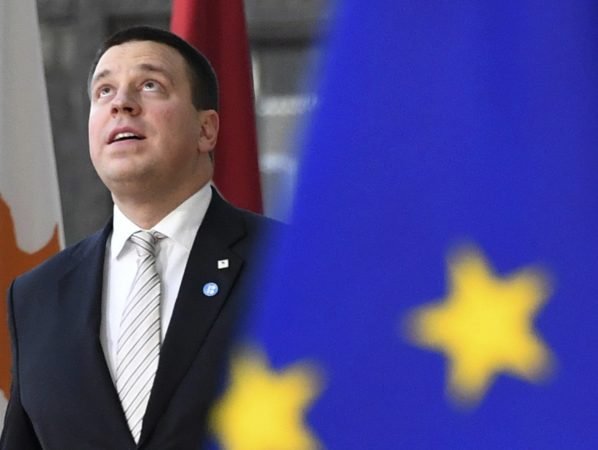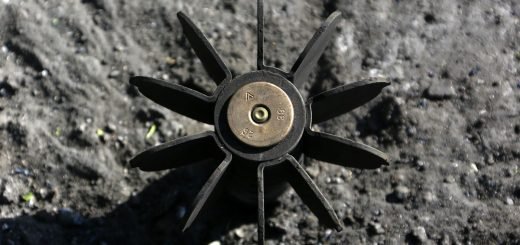Three Estonian parties, including far-right EKRE, agree on coalition plan

Estonian Prime Minister Juri Ratas unveiled a three-way coalition agreement with the conservative Fatherland party and the far-right EKRE group, which could see him hold power despite his Centre party having come second in an inconclusive election.
The three parties, which have a total of 56 seats in the fragmented 101-member parliament, approved the coalition plan on Saturday, stealing the momentum from Estonia’s largest political party, Reform, a day after the president had asked its leader to form a government.
Ratas invited EKRE to coalition talks on March 11, breaking a promise to block the anti-immigration party from the cabinet.
The 36-page coalition plan includes some of EKRE’s strict immigration polices and pledges Estonia will not take in any refugees as part of a European Union-wide qutoa.
The parties agreed on wider use of referendums, and that Estonia will hold a referendum in 2021 on whether a marriage should be defined in law as between a man and a woman.
The parties also shared ministries between them – with Finance, Interior, Environment, Rural Affairs and Foreign Trade going to EKRE.
The coalition pact includes a decision to sell off state assets such as road maintenance company Eesti Teed, and an up to 49 percent stake in freight logistics firm Operail.
Reform leader Kaja Kallas pulled off a surprise win over the centre-left government in a March 3 vote for parliament, but fell short of a majority.
She has two weeks to present a plan for forming a cabinet. If she fails, President Kersti Kaljulaid can turn to Ratas’ coalition.
While she won backing in coalition talks with the Social Democrats, she failed to secure support from Fatherland or Centre.
Kallas said Reform and the Social Democrats, which together have 44 seats in parliament, would seek support from individual members of the Centre and the Fatherland parties, some of whom oppose the tie up with the far right.
Populist parties have won ground across Europe ahead of elections in May to the European Parliament.
EKRE, whose fiercely anti-immigrant message lifted its support during the European migration crisis in 2015, got 19 seats in the March 3 vote, more than double the number from the previous election, winning broad support in rural areas.
Reform won 34 seats in the 101-seat parliament, while left-leaning Centre got 26 seats – but one member has already left the party, the conservative Fatherland party got 12 seats and the Social Democrats 10.


















